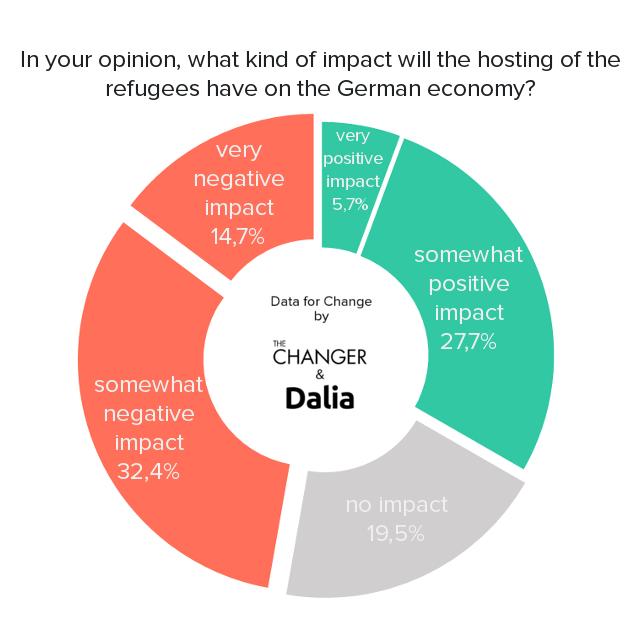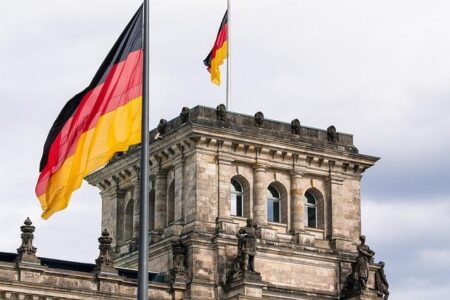Global Powers and Their Influence on the Upcoming Papal Conclave
As anticipation builds for the forthcoming papal conclave, the intersection of international diplomacy and geopolitical interests is becoming increasingly evident. Two major players, Germany and China, are vying to extend their influence within the Catholic Church, each with distinct motivations aimed at impacting the selection of the next pope. Germany’s focus lies in advocating for progressive social reforms,while China navigates its intricate relationship with religious authority amid strict governmental controls. This article explores these external influences and their potential to redefine not only papal leadership but also the Church’s global role.
Germany’s Influence on Conclave Dynamics
Germany’s proactive engagement in international diplomacy positions it as a pivotal force in shaping discussions surrounding the upcoming conclave. Historically committed to reforming Catholic practices, Germany aims to tackle contemporary challenges such as governance issues and youth engagement within the Church. Its strategy promotes collaboration between traditionalists and progressives through various initiatives:
- Inclusive Stakeholder Engagement: Germany fosters dialogues that include diverse voices from both rural parishes and urban congregations.
- Sponsorship of Reform Initiatives: By supporting organizations focused on modernizing church practices, Germany seeks to align them more closely with societal changes.
- Promotion of Ecumenical Dialog: Strengthening ties with other Christian denominations enhances a broader perspective within Catholicism while advocating for unity amidst diversity.
This multifaceted diplomatic approach has significant implications for conclave dynamics. The influence exerted by Germany could not only effect who becomes pope but also steer future directions for the Church itself. The table below summarizes key German diplomatic initiatives along with their anticipated impacts:
| initiative | Aim | Potential Outcome |
|---|---|---|
| Consultative Forums | Create dialogue opportunities for laity | A greater openness towards reforms |
| Support for Pastoral Programs | Tackle contemporary issues facing congregations | An increased relevance in modern society |
China’s Religious Strategy: Seeking Influence Within Catholicism
The past few years have seen China making notable advancements in its efforts to gain influence over Catholic communities, particularly through its evolving relationship with Vatican authorities. A landmark provisional agreement established in 2018 regarding bishop appointments marked a significant shift aimed at reconciling state-sanctioned churches with underground communities while stabilizing religious presence under stringent regulations. This growing rapport raises critical questions about how China’s broader geopolitical strategies may shape Catholicism across Asia.
The Chinese government employs a complete strategy designed to engage both domestic and international Catholic communities through various methods:
- Cultural Diplomacy: Utilizing cultural events to project a positive image of Chinese governance globally.
- Status Quo Education: promoting doctrines that align state interests while integrating local customs into religious practice.
- Narrative Control via Media: Crafting narratives that depict interactions between Catholics and state authorities as cooperative rather than confrontational.
This strategic framework aims not only at quelling dissent but also positions China as an influential player within global catholic circles—an aspect closely monitored by nations like Germany as they navigate their own roles within ecclesiastical matters.
Evaluating External Influences on Future Church Leadership
The shifting landscape of global politics significantly impacts how religious institutions operate today—especially evident within the governance structures of the Catholic Church itself. Both Germany and China are actively pursuing agendas that reshape local ecclesiastical policies while carrying broader implications for church leadership worldwide. In particular, movements like Germany’s Synodal Way have sparked vital conversations around topics such as<strong clergy accountability,< strong gender equality,and<strong inclusivity, challenging long-standing doctrines held by traditionalists.Concurrently ,China’s state-driven approach compels leaders within its borders navigate complex relationships characterized by government oversight alongside loyalty towards Vatican directives.Â
These external pressures necessitate reevaluating operational frameworks among church leaders who must contend with several influences:
- Political Legitimacy: Aligning strategies according shifting political climates across Europe & Asia .
- Cultural Adaptation: Recognizing cultural relevance amidst diverging Western & Eastern practices.
- Social Movements: Responding effectively grassroots demands calling forth necessary reforms challenging entrenched hierarchies.
To illustrate these dynamics further ,the following table highlights distinctive approaches taken by both countries regarding church leadership :
| Aspect    | Germany    | China   / tr > |
|---|---|---|
| Focus | reform & Inclusion | State Control & Loyalty
/ tr > |
| <b Leadership Style | <b Collaborative & Participatory | <b Hierarchical & Authoritative / tr > |
| <b Public Engagement | <b Open Dialogues/Synods | <b Restricted/oversight State |




